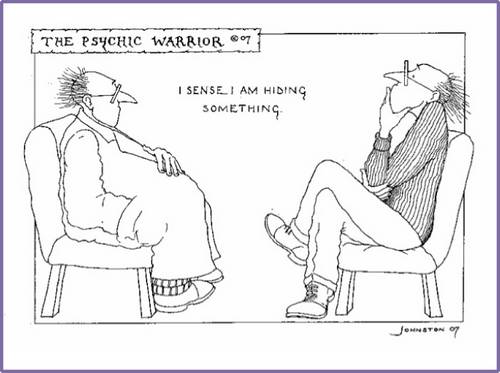 I am always so appreciative of the insights my (distant) colleague Kip offers, especially when he comments on my blog or Tweets, and otherwise offers such insightful thoughts and words for the wise. His comment earlier today is among the best (thank you, Kip!), and with delicious humor and tongue-in-cheek (or some such), he raises a wonderful point about autoethnographic dissertations. While I already replied to his thoughts here, I do want to clarify my (developing) research direction a bit.
I am always so appreciative of the insights my (distant) colleague Kip offers, especially when he comments on my blog or Tweets, and otherwise offers such insightful thoughts and words for the wise. His comment earlier today is among the best (thank you, Kip!), and with delicious humor and tongue-in-cheek (or some such), he raises a wonderful point about autoethnographic dissertations. While I already replied to his thoughts here, I do want to clarify my (developing) research direction a bit.
I like the framework of Threshold Concepts and Troublesome Knowledge (cf, Meyer and Land), as this focuses on forms of learning, as well as Jack Mezirow’s framework of Transformative Learning). I cannot envision I am alone in blogging (Tweeting, etc.) about my worldview shifts and other strong experiences while engaging in my academic work (yes, others do this as well!!). Whether they do this for self-reflection or autoethnographic purposes I am not sure yet, but they do this. I wonder how processing these sorts of experiences affects the concept of self-identity? What does it mean to share this with others and gather their input? To what extent does a sense of community influence the outcome? If done explicitly as an a/e, and if there is other input and sharing / collaboration, whose autoethnography is it, anyway?
I feel my (module’s) research purpose, problem, and question are all very close . . .